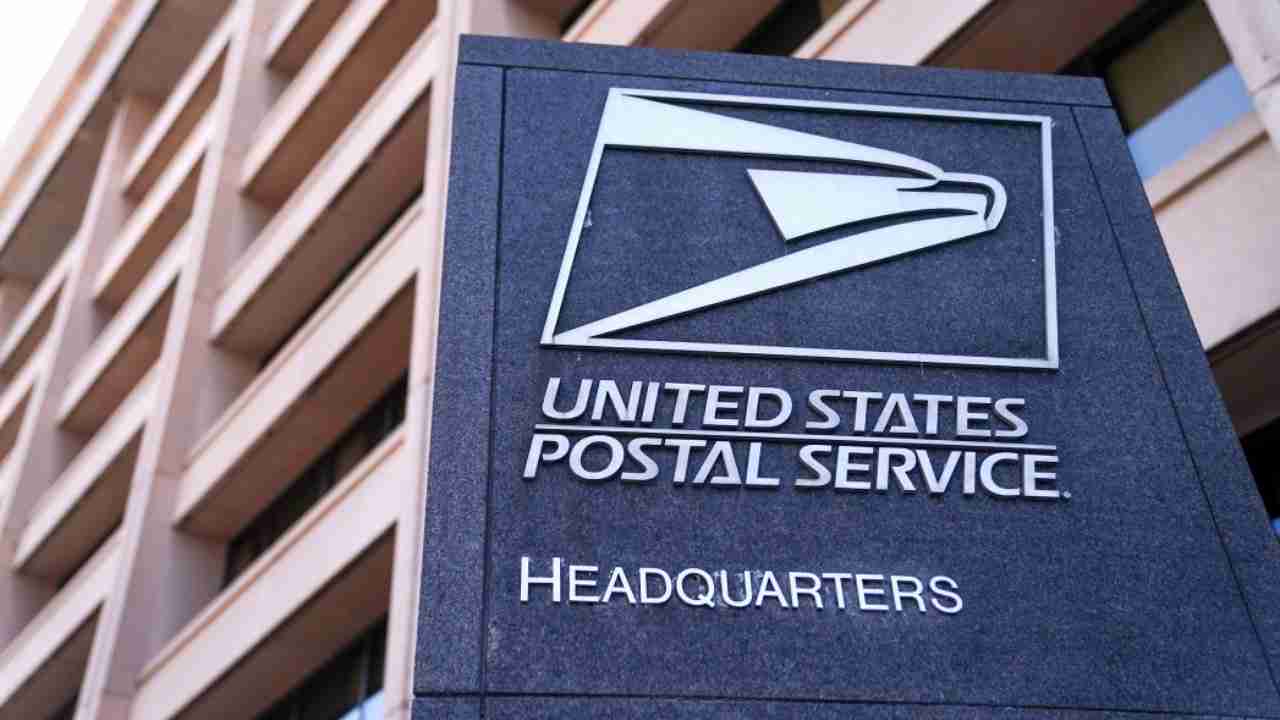- Mail and package volume accepted into network increased year over year
- Operational improvements and strategic investments under 10-year plan boosted daily processing capacity by 13 million packages
- Preparations helped mitigate delays even as volumes surged to 2.8 billion the week after Thanksgiving
WASHINGTON, DC — The United States Postal Service reported preliminary performance metrics for the 2021 holiday season showing the organization saw volume increase when compared to the same time last year. Between Thanksgiving and New Year’s Eve, it took on average 2.7 days to deliver a mailpiece or package across the Postal Service network. During the same timeframe, the network accepted more than 13.2 billion letters, cards, flats and packages for delivery, exceeding 12.7 billion accepted for delivery during the same timeframe in 2020.
“Our mission to deliver for America is an enormous responsibility, especially during the holidays,” said Postmaster General Louis DeJoy. “I am humbled by the hard work and dedication of each and every one of our 650,000 employees who, despite the challenges of the pandemic, helped bring joy and commerce to people across the nation.”
The Postal Service began preparing for the 2021 peak holiday season at the start of last year. Those preparations, which not only corresponded to challenges faced last year but aligned to the Postal Service’s 10-year Delivering for America plan, helped mitigate delays even as mail and package volume surged to its highest peak-season level: 2.8 billion mailpieces and packages the week after Thanksgiving (Saturday, Nov. 27 to Friday, Dec. 3).
“Under our 10-year plan, we made major operational improvements and strategic investments across the organization throughout 2021. It has made a significant difference and contributed to our success this holiday season, but our work isn’t done. Every day is an opportunity to fulfill our commitment of service excellence to the American people—and on that, we intend to deliver,” continued DeJoy.
The Postal Service’s peak season preparations included:
- Stabilizing the Workforce and Preparing for Pandemic-related Challenges: The conversion of 63,000 pre-career employees into career positions and the onboarding of more than 185,000 employees since the beginning of last fiscal year, including the backfilling of the 63,000 pre-career employees and the national drive to hire an additional 40,000 seasonal employees.
- Expanded Facility Footprint to Resolve Bottlenecks and Improve the Flow of Mail and Packages: The leasing of 13 million square feet of additional space across more than 100 locations to accommodate mail and packages, including over 50 annexes with multiyear leases to address year-round space constraints due to parcel growth.
- New Package Sorting Equipment to Expedite Handling and Sortation of Increased Package Volumes: The installation of 112 new package sorting machines and more than 50 package systems capable of sorting large packages. As a result of an organization-wide focus on improving operations and strategic investments, the Postal Service boosted daily processing capacity by 13 million packages. Package sortation capacity enables efficient movement of mail over the integrated USPS delivery network as mail and packages travel together. These machines also reduce the physical toll on our workforce.
- Diversified, Reliable Transportation Options: The leasing of nearly 3,300 trailers just for peak season and the diversification of volume traveling across the air network among additional air carriers. The Postal Service also expanded the surface transfer center network by adding 1.6 million additional square feet and over 300 dock doors to, among other things, increase long-haul transportation utilization and mitigate driver shortage issues.
The Postal Service generally receives no tax dollars for operating expenses and relies on the sale of postage, products and services to fund its operations.

